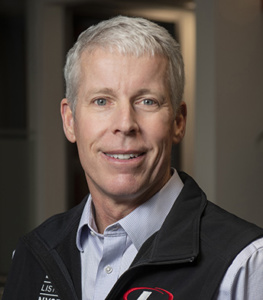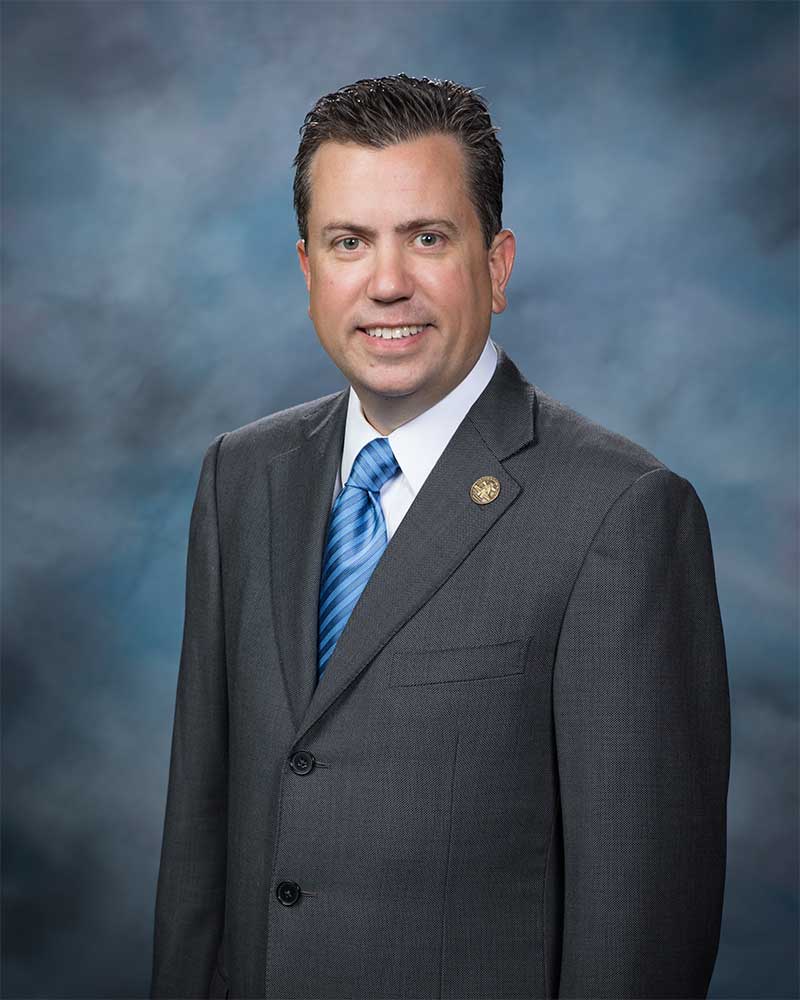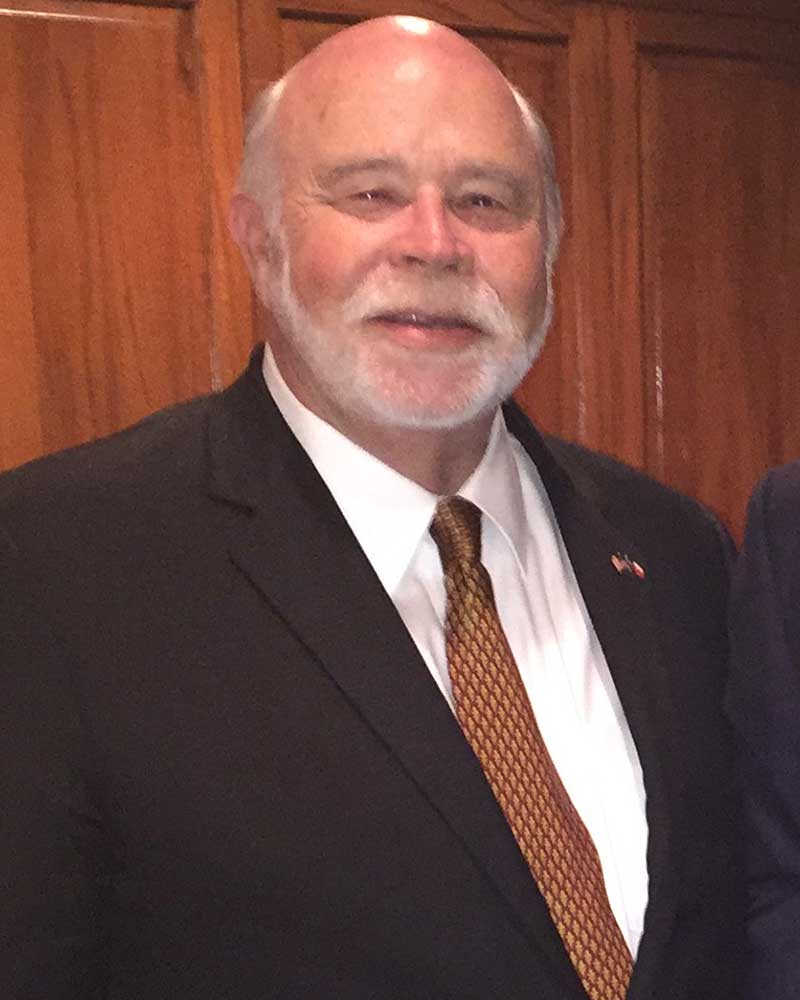Article By: Coloradoan
The Colorado Supreme Court sided with oil and gas development in a high-profile lawsuit that would’ve restricted drilling in the name of public health and safety.
Fort Collins was among a host of municipalities supporting environmental interests in Martinez v. Colorado Oil and Gas Conservation Commission, which revolved around a proposed mandate for state regulators to prioritize human health over resource development when considering new oil and gas wells.
The Martinez group asked state regulators to deny permits to any oil and gas wells that would contribute to climate change, impair Colorado’s atmosphere, water, wildlife and land resources, or adversely impact human health. Oil and gas development releases large amounts of methane, a potent greenhouse gas.
The state Supreme Court on Monday overturned a Colorado Court of Appeals ruling in favor of the Martinez group. The decision means COGCC will continue business as usual.
The court decision cited the wording of Colorado legislation describing the COGCC’s duties as a regulatory agency. In the court’s majority opinion, Justice Richard L. Gabriel wrote the agency is required first to “foster the development of oil and gas resources” and second “to prevent and mitigate significant environmental impacts to the extent necessary to protect public health, safety and welfare, but only after taking into consideration cost-effectiveness and technical feasibility.”
The commission is already working with the state to address the environmental concerns highlighted in the proposed rule, Gabriel continued, and “other commission priorities (take) precedence over the proposed rulemaking at this time.”
In a statement, Colorado Oil and Gas Association president Dan Haley called the lawsuit extremist and shortsighted.
“The Supreme Court upheld the Colorado way of doing business, which is to consider several different interests, including fostering the development of oil and natural gas while also protecting our health and safety,” he said. “The plaintiffs in the Martinez v. COGCC case ignored, and attempted to disrupt, decades of regulatory precedent and legal oversight.”
Environmental groups reacted to the ruling by calling on Gov. Jared Polis to put a moratorium on new drilling and permitting until the Legislature reforms oil and gas laws.
The ruling “is hard proof that the law is written against the best interests of the people, and in favor of oil and gas industry profits,” wrote Anne Lee Foster of Colorado Rising, the group seeking limits on oil and gas development. “… An agency that is charged with promoting an industry rather than protecting the public from harm is doomed to catastrophic failure.”
Colorado Rising pushed the failed 2018 ballot initiative to increase setbacks between new oil and gas wells and vulnerable areas like waterways, parks, schools and homes. The organization has committed to running another ballot initiative in 2020 if policymakers “fail to adequately protect Colorado communities and the environment from the fossil fuel industry,” according to a Jan. 2 news release.
Polis said he was “disappointed” by the ruling and added that it “only highlights the need to work with the Legislature and the Colorado Oil & Gas Conservation Commission to more safely develop our state’s natural resources and protect our citizens from harm.”
A statement from Democratic Colorado House Speaker K.C. Becker took on a similar tone:
“This ruling puts the decision back into the hands of lawmakers to take action, and we are committed to addressing this concern this legislative session,” she said.











